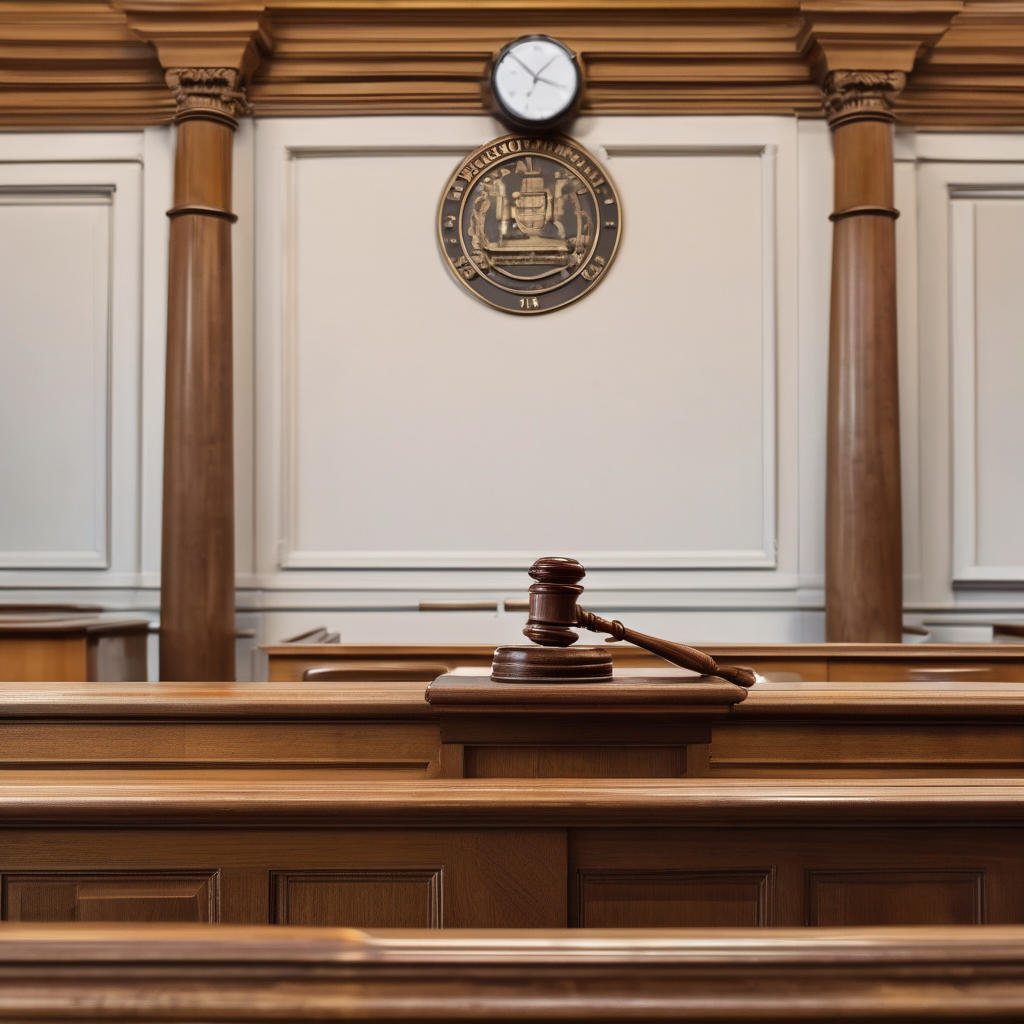The ongoing legal proceedings involving former Supervisor of Elections Mohammed Saneem and former Attorney-General Aiyaz Sayed-Khaiyum have gained further complexity with recent testimonies. The case, which centers on allegations of corrupt benefits and abuse of office, highlights significant concerns over governance practices and accountability in Fiji’s public sector.
Preetika Prasad, who previously served as the acting solicitor-general and secretary of the Constitutional Officers Commission (COC), testified in court, revealing details about her recollection of a call from then-acting Prime Minister Sayed-Khaiyum. The call concerned amendments to the Deed of Variation (DoV) for Saneem, although it lacked specific details on the required amendment. Upon her return from recovering from COVID-19, she discovered a second “replacement” DoV, which included a clause for the government to cover taxes on Saneem’s 2021 back pay—a clause marked unusual in government agreements, as testified by Prasad.
There are allegations that this arrangement, which could potentially provide Saneem with a tax reimbursement of approximately $55,000, was implemented without formal approval from the COC or the President. This has raised questions about the procedural transparency and accountability of government operations during Sayed-Khaiyum’s tenure as Acting Prime Minister.
The defense has argued that constitutional provisions allowed the President to delegate authority to the Acting Prime Minister to execute contracts, suggesting that the second DoV’s execution might have been within lawful bounds. However, the state maintains that authorization protocols were not properly followed, adding another layer of complexity to the legal proceedings.
Concerns about government transparency and the role of ethical practices in public office have been underscored as the trial advances. Key figures, including financial controllers and managerial staff from the Fijian Elections Office, have testified, highlighting the peculiarities in salary adjustments and tax handling that transpired during a challenging period of pandemic-related financial constraints.
The trial continues with more witnesses expected to testify, shedding light on the intricacies of the government’s approval processes and the execution of official duties in times of crisis. This case serves as a critical reflection on the governance frameworks in place and the need for consistent adherence to established protocols to maintain public trust. The proceedings are poised to prompt broader discussions about the necessity of procedural transparency and accountability in Fiji’s governance landscape.
